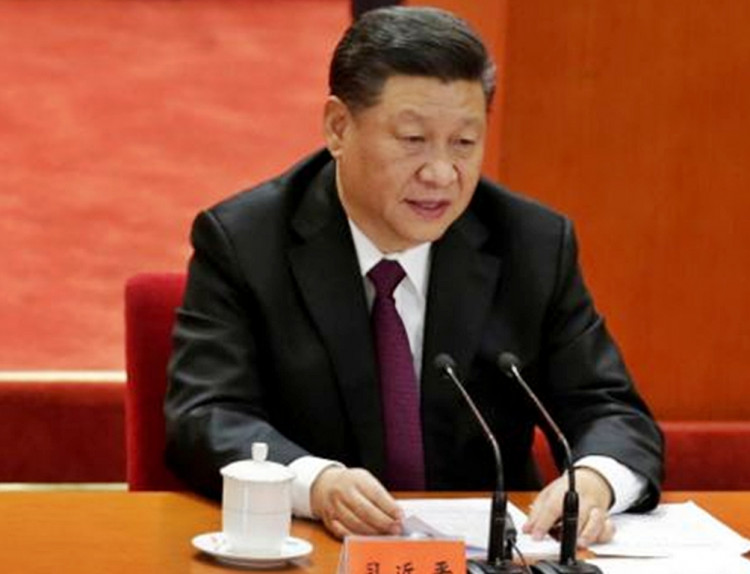Chinese President Xi Jinping concluded a three-nation Southeast Asia tour on Friday with a state visit to Cambodia, positioning Beijing as a reliable economic partner in contrast to the uncertainty created by U.S. President Donald Trump's proposed tariff regime.
Xi's visit follows the unveiling of sweeping U.S. tariff proposals that would impose a universal 10% levy and additional duties on individual countries. Cambodia faces a 49% tariff on exports to the U.S., Vietnam 46%, and Malaysia 24%, pending the expiration of a 90-day pause. The timing gave Xi a powerful narrative edge as he sought to deepen regional ties.
"The timing of the visit is extraordinarily auspicious for China, falling just in the wake of the announcement of Trump's tariffs," said Astrid Norén-Nilsson, senior lecturer in contemporary Southeast Asia at Lund University. "Xi Jinping can now carry out the tour equipped with the moral authority and goodwill of a singularly constant friend and reliable trading partner."
Xi met with Cambodian Prime Minister Hun Manet and his father, former prime minister and current Senate President Hun Sen. He was also granted a royal audience with King Norodom Sihamoni. The Chinese leader and Hun Manet presided over the signing of 37 agreements spanning investment, trade, health, education, tourism, and defense cooperation.
A joint statement from Cambodia's Foreign Affairs Ministry emphasized the visit's symbolic weight. "This milestone visit not only reaffirmed the unwavering commitment to the iron-clad friendship between Cambodia and China, but also further strengthened and deepened the Comprehensive Strategic Partnership," the statement said.
Notably absent from the official communique was any direct mention of Trump's tariffs. The statement highlighted Cambodia's endorsement of China's "one-China policy" and opposition to "any attempts of interference in the internal affairs of China," referencing Hong Kong and Taiwan.
China remains Cambodia's largest trading partner and investor. In 2024, bilateral trade reached $17.83 billion, skewed heavily in China's favor. Beijing's financial assistance, including aid and infrastructure investment, has helped sustain Cambodia's economic growth while enabling the government to largely ignore Western criticism over its human rights record and suppression of opposition voices.
Xi's visit also spotlighted defense ties. While the Cambodian statement omitted any reference to the China-funded expansion of the Ream Naval Base on the Gulf of Thailand-long a source of speculation over Chinese military intentions-it did affirm a commitment to "further strengthen the cooperation mechanism between the armed forces of the two countries."
Cambodia has repeatedly denied granting Beijing exclusive access to Ream or agreeing to a permanent military presence. The country has said all friendly nations are welcome to dock at the facility. Japan's announcement this week that two minesweepers will dock at Ream marks the first foreign navy visit since the expansion's completion.
The joint statement also noted China's continued support in humanitarian sectors, including health and landmine clearance. It referenced shared concerns over climate change and pledged enhanced cooperation on clean energy, a contrast to Trump administration policy, which has included cuts to foreign aid and environmental initiatives.
Xi's earlier stops in Vietnam and Malaysia focused similarly on consolidating China's economic influence in the region. Throughout the tour, he criticized "unilateralism and protectionism" and called for adherence to multilateral trade norms-comments widely interpreted as a rebuke of U.S. policy.






